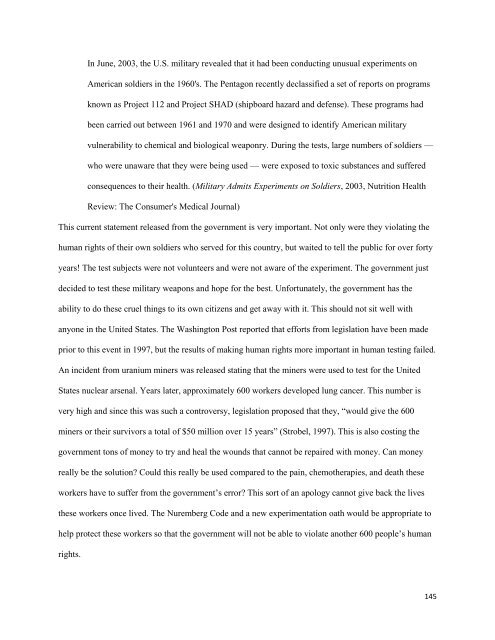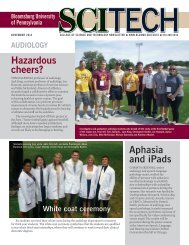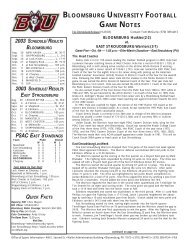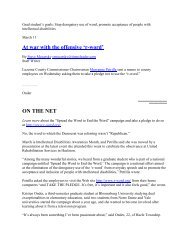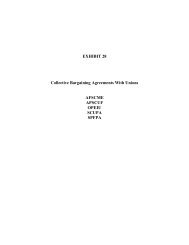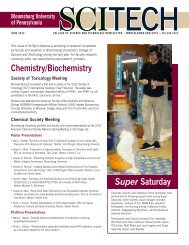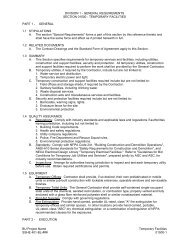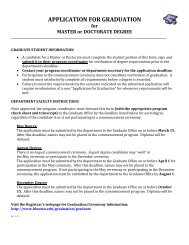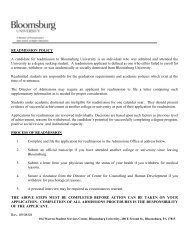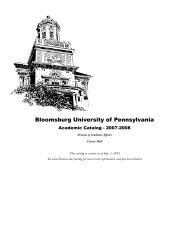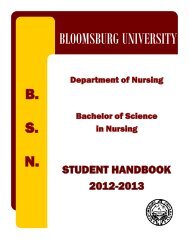Human Rights at Home and Abroad: Past, Present, and Future
Human Rights at Home and Abroad: Past, Present, and Future
Human Rights at Home and Abroad: Past, Present, and Future
You also want an ePaper? Increase the reach of your titles
YUMPU automatically turns print PDFs into web optimized ePapers that Google loves.
In June, 2003, the U.S. military revealed th<strong>at</strong> it had been conducting unusual experiments on<br />
American soldiers in the 1960's. The Pentagon recently declassified a set of reports on programs<br />
known as Project 112 <strong>and</strong> Project SHAD (shipboard hazard <strong>and</strong> defense). These programs had<br />
been carried out between 1961 <strong>and</strong> 1970 <strong>and</strong> were designed to identify American military<br />
vulnerability to chemical <strong>and</strong> biological weaponry. During the tests, large numbers of soldiers —<br />
who were unaware th<strong>at</strong> they were being used — were exposed to toxic substances <strong>and</strong> suffered<br />
consequences to their health. (Military Admits Experiments on Soldiers, 2003, Nutrition Health<br />
Review: The Consumer's Medical Journal)<br />
This current st<strong>at</strong>ement released from the government is very important. Not only were they viol<strong>at</strong>ing the<br />
human rights of their own soldiers who served for this country, but waited to tell the public for over forty<br />
years! The test subjects were not volunteers <strong>and</strong> were not aware of the experiment. The government just<br />
decided to test these military weapons <strong>and</strong> hope for the best. Unfortun<strong>at</strong>ely, the government has the<br />
ability to do these cruel things to its own citizens <strong>and</strong> get away with it. This should not sit well with<br />
anyone in the United St<strong>at</strong>es. The Washington Post reported th<strong>at</strong> efforts from legisl<strong>at</strong>ion have been made<br />
prior to this event in 1997, but the results of making human rights more important in human testing failed.<br />
An incident from uranium miners was released st<strong>at</strong>ing th<strong>at</strong> the miners were used to test for the United<br />
St<strong>at</strong>es nuclear arsenal. Years l<strong>at</strong>er, approxim<strong>at</strong>ely 600 workers developed lung cancer. This number is<br />
very high <strong>and</strong> since this was such a controversy, legisl<strong>at</strong>ion proposed th<strong>at</strong> they, ―would give the 600<br />
miners or their survivors a total of $50 million over 15 years‖ (Strobel, 1997). This is also costing the<br />
government tons of money to try <strong>and</strong> heal the wounds th<strong>at</strong> cannot be repaired with money. Can money<br />
really be the solution? Could this really be used compared to the pain, chemotherapies, <strong>and</strong> de<strong>at</strong>h these<br />
workers have to suffer from the government‘s error? This sort of an apology cannot give back the lives<br />
these workers once lived. The Nuremberg Code <strong>and</strong> a new experiment<strong>at</strong>ion o<strong>at</strong>h would be appropri<strong>at</strong>e to<br />
help protect these workers so th<strong>at</strong> the government will not be able to viol<strong>at</strong>e another 600 people‘s human<br />
rights.<br />
145


